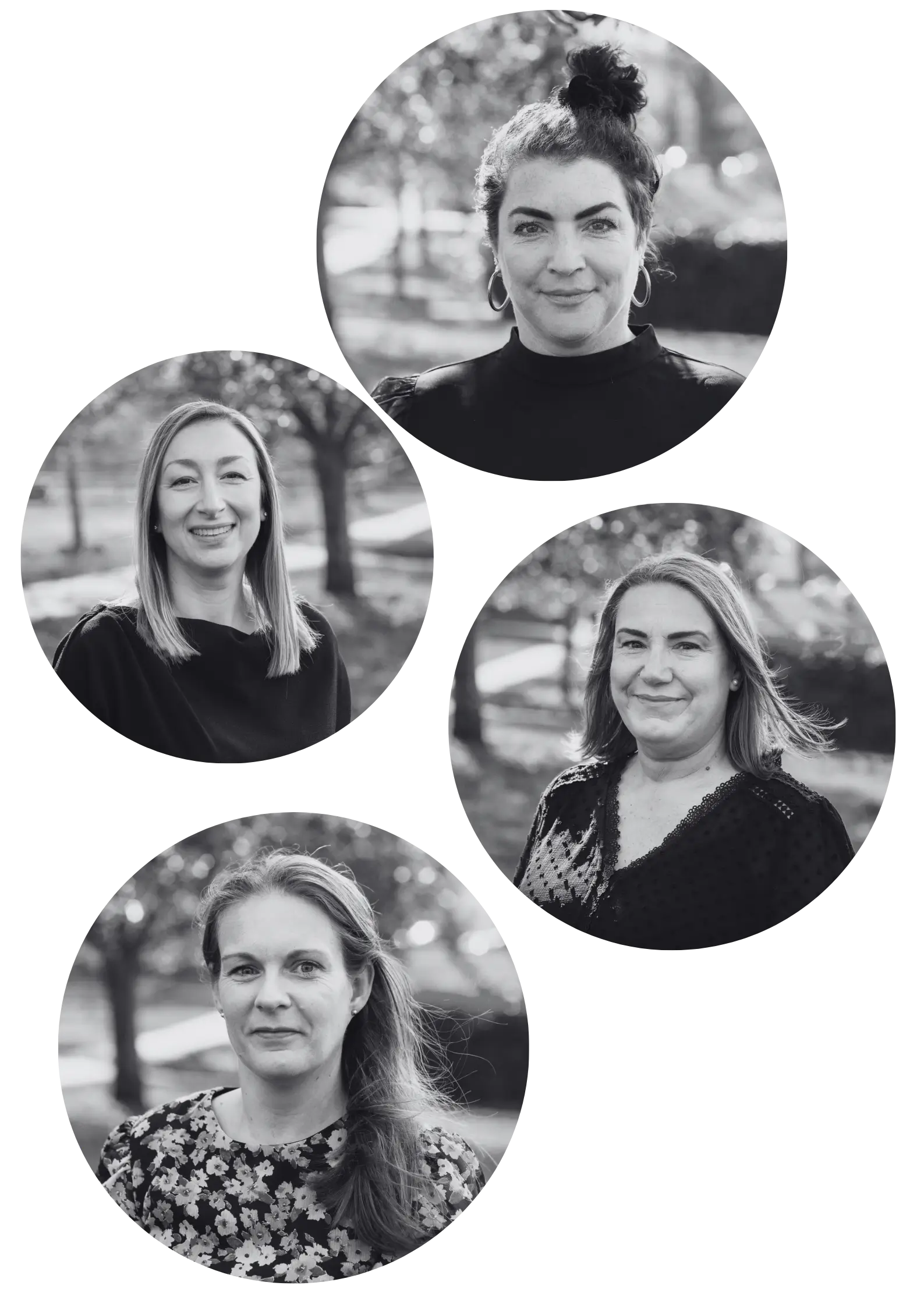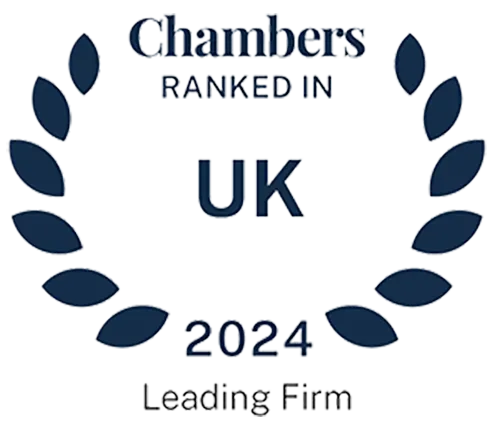What is legal aid?
Legal Aid is designed to help eligible people meet the costs of legal advice and representation in court or tribunal proceedings. Public funding (legal aid) is always available for public law care proceedings. This is when social services have provided you with a Letter Before Action or has informed you they are issuing court proceedings in relation to your child.
At Brighton & Hove Law, we specialise in work of this nature. If social services have asked you to come to a “Meeting Before Action” or to court, we can arrange expert representation for you.
Do I qualify for legal aid?
In other family cases, legal aid will only be available under certain specific circumstances:
- Injunctions / Non – molestation Orders
- Applications under the Forced Marriages Act
- Mediation (subject to financial eligibility and assessment by a mediator)
Unless there has been domestic and/or child abuse, legal aid is now no longer available for divorce, parental access to children or child arrangements, and financial applications between married couples, civil partners or cohabitees.
Subject to eligibility, you may still get funding for a divorce conducted through mediation and, in most cases, this is a quicker and less stressful route. We do not undertake publicly funded mediation work and you will need to contact the Legal Aid Agency for details of such providers.
Domestic Abuse
Abuse must be documented and the requirements as to evidence of domestic abuse are strict. We recommend contacting us to discuss whether your specific case is eligible.
Some simplified examples of the type of evidence required are :
- Your partner has an unspent conviction for domestic violence or child abuse
- Your partner has a recent police caution for domestic violence or child abuse
- There are current criminal proceedings against your partner for domestic violence or child abuse
- There is a current or recent protective injunction / non molestation order against your partner
- There is a confirmation from an assessment conference that you are at high risk of domestic violence or are subject to a protection plan
- A health professional confirms that you have had injuries or a condition consistent with those of a victim of domestic violence
- A social services department has assessed that there is a risk of domestic violence or child abuse from your partner
- A social services department has put in place a child protection plan
- A domestic violence support organisation confirms that you had been admitted to refuge accommodation









